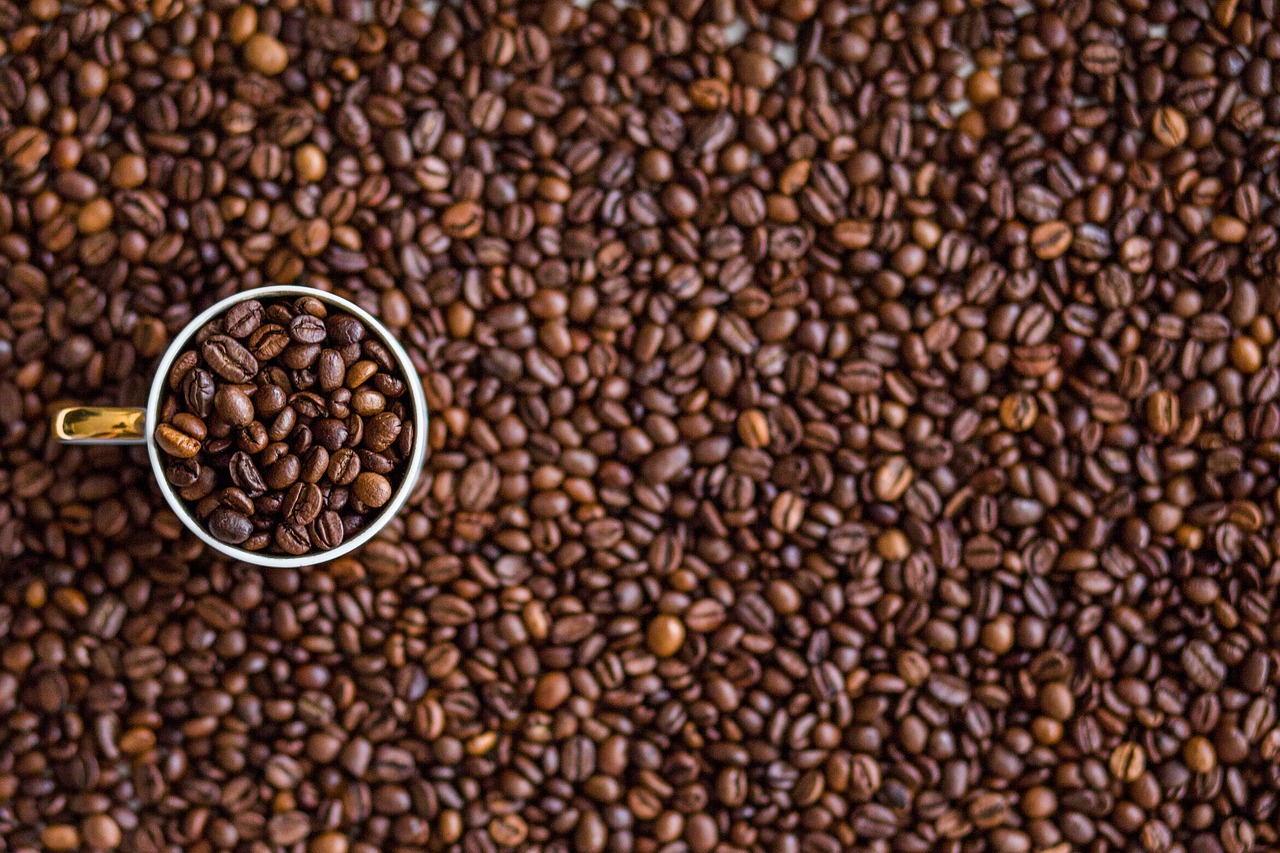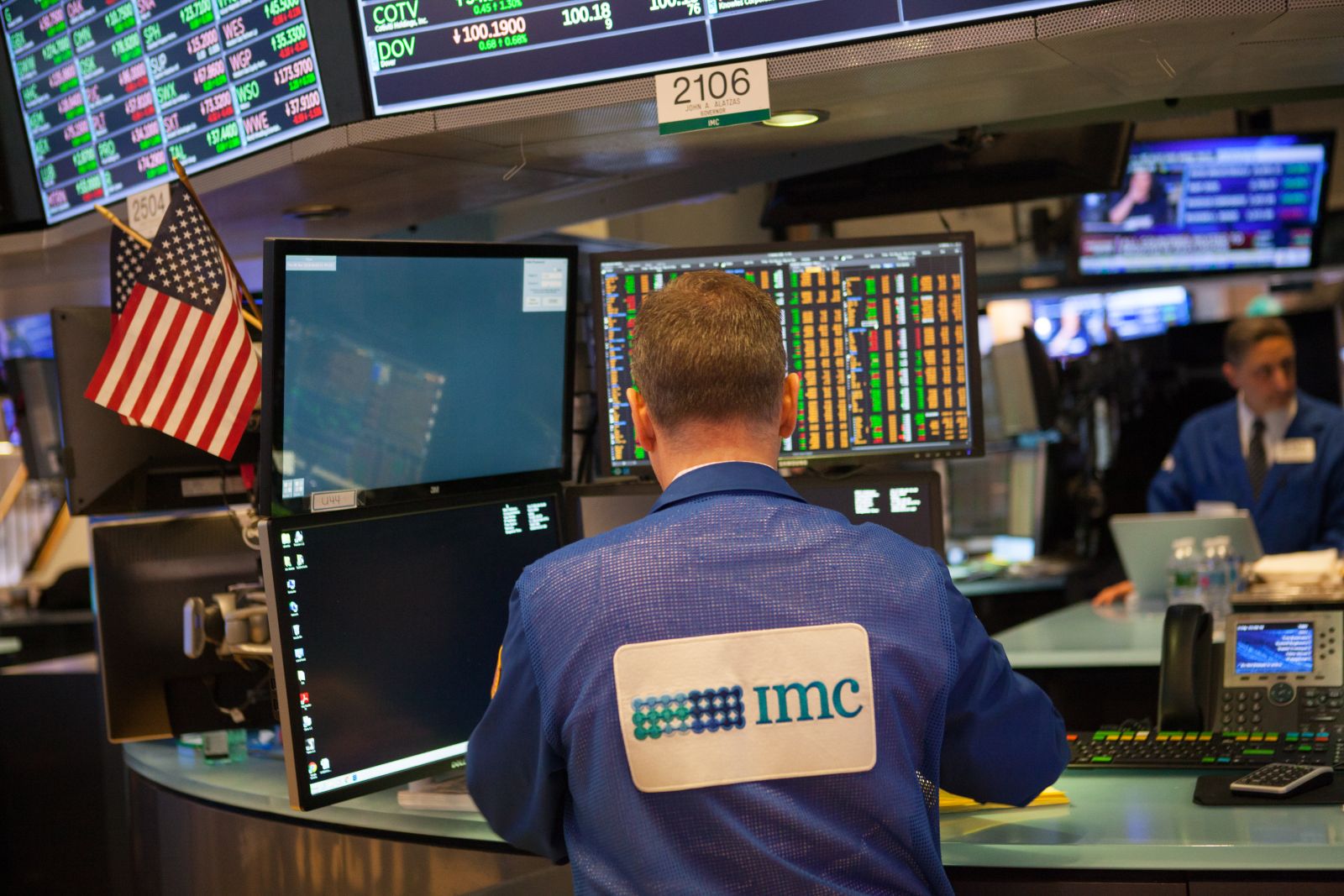
What you need to know…
The S&P 500 Index ($SPX) (SPY) Thursday closed up +0.45%, the Dow Jones Industrials Index ($DOWI) (DIA) closed up +0.80%, and the Nasdaq 100 Index ($IUXX) (QQQ) closed down -0.16%.
Stocks were undercut by Thursday’s hawkish Powell comments, where he raised the possibility of more than two rate hikes by year-end. The 10-year T-note yield Thursday soared by +13 bp.
However, stocks saw support from the U.S. economic resilience reflected in Thursday’s upward U.S. Q1 GDP revision to +2.0% from +1.3%. Also, there relief about the U.S. banking system after all the largest U.S. banks passed the Fed’s annual stress tests.
Fed Chair Powell, in comments Thursday at a conference in Madrid sponsored by the Bank of Spain, went beyond his recent hawkish comments by mentioning the possibility of more than two additional rate hikes. Mr. Powell said, “A strong majority of committee participants expect that it will be appropriate to raise interest rates two or more times by the end of the year. Inflation pressures continue to run high, and the process of getting inflation back down to 2% has a long way to go.” He said that the risks of doing too much or too little are “not in balance yet,” and that “It may be that we don’t move for a meeting and then move at a meeting. We haven’t taken consecutive moves off the table.”
The markets are now discounting the odds at 83% for a +25 bp rate hike at the next FOMC meeting on July 25-26, the highest odds yet, after the fresh hawkish comments by Fed Chair Powell. The markets are now anticipating a peak funds rate of 5.42% by November, which is +35 bp higher than the current effective federal funds rate of 5.07%.
Atlanta Fed President Bostic, the FOMC’s most dovish member, reiterated Thursday that he favors keeping rates unchanged, saying, “There is time for us to wait and let our policy work. I don’t see as much urgency to move as others, including my chair.”
In some good news released after Wednesday’s close, the Fed’s annual stress test results showed that all of the largest U.S. banks passed their respective stress tests, clearing the way for dividend payments to shareholders and stock buybacks. The report bolstered confidence that the largest Wall Street banks are in good shape, even if regional banks remain under pressure from the recent run and incoming losses from various credit sectors such as commercial real estate. The stress tests did not cover mid-sized U.S. banks. Fed Chair Powell has recently indicated that the Fed plans to raise capital requirements for U.S. banks in response to the recent runs. Fed Chair Powell Thursday said the U.S. banking system is “strong and resilient.”
Q1 U.S. GDP was revised higher to +2.0% (q/q annualized) from +1.3%, stronger than expectations for an upward revision to +1.4%. Q1 personal consumption was revised higher to +4.2% from +3.8%. The GDP price index was revised slightly lower to +4.1% from +4.2%, while the core PCE inflation measure was revised slightly lower to +4.9% from +5.0%.
U.S. weekly initial unemployment claims fell by -26,000 to 239,000, which showed a stronger labor market than expectations of 265,000. Continuing claims fell by -19,000 to 1.742 million, which showed a stronger labor market than expectations of 1.765 million. However, the unemployment report may have been skewed by the Juneteenth holiday.
May U.S. pending home sales fell -2.7% m/m and -20.8% y/y, weaker than expectations of -0.5% m/m.
The preliminary June Eurozone EU-harmonized CPI of +0.4% m/m and +6.8% y/y was in line with market expectations.
The final-June Eurozone consumer confidence index was left unrevised at -16.1. June Eurozone economic confidence fell by -1.1 points to 95.3 from May’s revised 96.4, which was weaker than expectations for a decline to 95.7.
Japan’s June consumer confidence index rose +0.2 points to 36.2, slightly stronger than expectations for a +0.1 point increase to 36.1.
Overseas stock markets closed mixed. The Euro Stoxx 50 closed +0.23%, China’s Shanghai Composite index closed -0.22%, and Japan’s Nikkei Stock Index closed up +0.12%.
Today’s stock movers…
Key mega-cap stocks undercut the Nasdaq 100 on Thursday, with Meta Platforms (META) falling -1.32%, Alphabet (GOOG) falling -0.90%, Amazon.com (AMZN, falling -0.88%, and Microsoft (MSFT) falling -0.24%.
Several semiconductor stocks had another rough day Thursday after falling on Wednesday on a report that the Biden administration is considering more restrictions on chip sales to China. Micron Technology (MU) fell by -4.09% and was the largest loser in the Nasdaq 100, as the markets remain bearish about the company’s growth prospects given the headwinds in China. Other semiconductor stocks also fell, with Marvell Technology (MRVL) falling -2.83%, Intel (INTC) falling -1.97%, and Nvidia (NVDA) falling -0.71%. However, some semiconductor chips closed higher, with Microchip Technology (MCHP) up +1.28%, NXP Semiconductors (NXPI) up +1.20%, Texas Instruments (TXN) up +1.05%, and AMD (AMD) up +0.97%.
Wall Street banks saw support Thursday after the Fed announced late Wednesday that all the largest U.S. banks passed their annual stress tests and will soon be allowed to announce dividends and share buybacks. Wells Fargo (WFC) rose +4.51%, JPMorgan (JPM) rose +3.49%, Bank of America (BAC) rose +2.10%, and Citigroup (C) rose +0.13%.
U.S.-listed Chinese stocks saw weakness again Thursday after Wednesday’s news that the Biden administration plans to further restrict chip sales to China as the U.S. “de-risks” its relationship with China. JD.com (JD) fell -2.21%, and PDD Holdings (PDD) fell -1.87%.
Netflix (NFLX) closed the day down -0.36%, giving up an early gain on a rating upgrade by Citibank based on improved subscription figures resulting from its password-sharing crackdown and its ad-supported subscription plan.
Overstock (OSTK) rallied +19.69% after announcing that it plans to relaunch the Bed Bath & Beyond brand online in the U.S. and Canada. Overstock bought Bed Bath & Beyond’s intellectual property assets after its bankruptcy filing.
Pfizer (PFE) fell -0.47% on a downgrade to neutral by Credit Suisse, with the analyst saying that Pfizer is entering a phase of uncertainty.
Across the markets…
September 10-year T-notes (ZNU23) Thursday fell sharply by -1-04/32 points, and the 10-year T-note yield rose by +13.1 bp to 3.838%. T-note yields soared after Fed Chair Powell pointedly mentioned the possibility of more than two additional rate hikes. That drove the odds for a rate hike at the next FOMC meeting up to a new high of 83%. T-note prices were also undercut by Thursday’s upward Q1 GDP revision and the strong unemployment claims report.
More Stock Market News from Barchart
- How High Can Carnival's Stock Climb?
- Fed’s Stress Test Ignores the Achilles Heel of Mid-Sized U.S. Banks
- Tech Stocks Undercut by Sharp Rise in T-note Yields on Hawkish Powell
- What to Know Before Boarding a Flight with Joby Aviation (JOBY)
On the date of publication, Rich Asplund did not have (either directly or indirectly) positions in any of the securities mentioned in this article. All information and data in this article is solely for informational purposes. For more information please view the Barchart Disclosure Policy here.


/Oracle%20Corp_%20office%20logo-by%20Mesut%20Dogan%20via%20iStock.jpg)
/Tesla%20Inc%20tesla%20by-%20Iv-olga%20via%20Shutterstock.jpg)


/Microsoft%20sign%20at%20the%20headquarters%20by%20VDB%20Photos%20via%20Shutterstock.jpg)